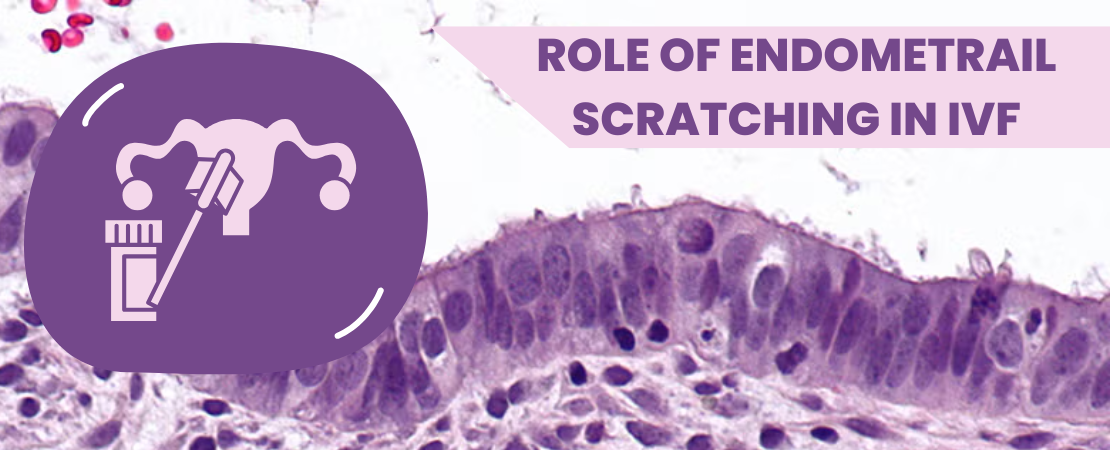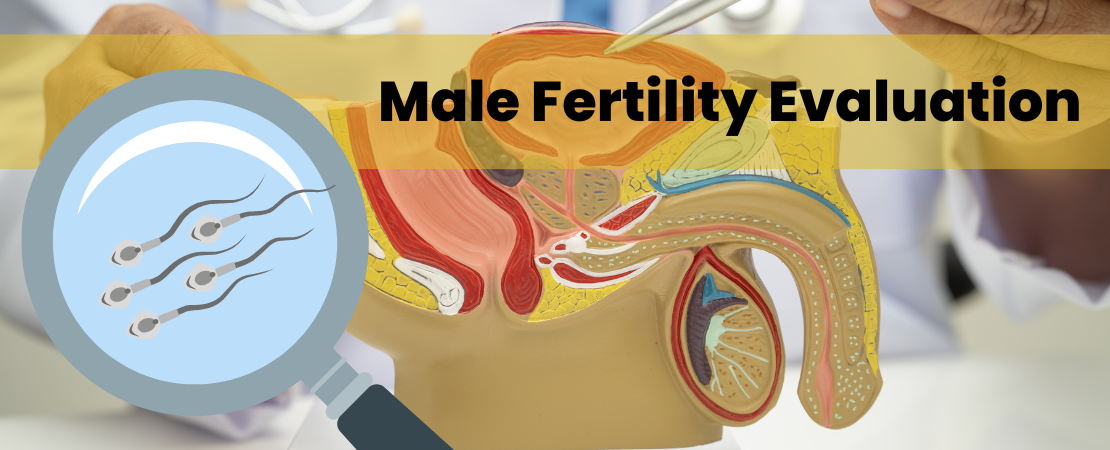
Overview
Nearly one out of every seven couples are infertile, meaning they haven’t been able to conceive despite having had frequent, unprotected sexual intercourse for a year or longer. Male infertility is a contributing factor in up to half of these couples.
Low sperm production, poor sperm function, and sperm delivery blockages can all contribute to male infertility. Male infertility can be caused by a variety of factors, including illnesses, injuries, chronic health issues, lifestyle choices, and others.
Male infertility can be stressful and distressing, but there are a variety of treatments available to manage it.
Causes of Male Infertility
Fertility in men is a complicated process. The following steps must occur in order for a couple to achieve pregnancy:
- The male requires to have a healthy sperm count
- Sperm must be transported to the sperm.
- Sufficient sperm must be present in the sperm.
- Sperm must be able to migrate and must be functioning.
At any stage during this process, a number of things can hinder it in men. One or more of the following factors contribute to male infertility:
Medical Causes
Male fertility troubles can be caused by a variety of medical conditions and treatments, including:
- Varicocele: A varicocele is a swollen vein in the testicle that drains it. It’s the most frequent type of male infertility that can be reversed. Although the specific cause of infertility caused by varicoceles is unknown, it is believed to be related to irregular blood flow. Varicoceles cause sperm quality and quantity to be reduced.
- Infection: Some illnesses can affect sperm production and health, as well as cause scarring that prevents sperm from passing through. Some sexually transmitted illnesses, such as gonorrhoea or HIV, can cause inflammation of the epididymis (epididymitis) or testicles (orchitis). Despite the fact that some infections can cause irreversible testicular damage, sperm can usually be recovered.
- Ejaculation issues: When semen enters the bladder instead of emerging from the tip of the penis during orgasm, this is known as retrograde ejaculation. Diabetes, spinal injuries, drugs, and bladder, prostate, or urethra surgery are just a few of the health issues that might cause retrograde ejaculation.
- Antibodies that attack sperm: Anti-sperm antibodies are immune system cells that confuse sperm for harmful invaders and try to destroy them.
- Tumors: Male reproductive organs can be affected directly by cancers and nonmalignant tumours, or indirectly through glands that release reproduction hormones, such as the pituitary gland. Male fertility may be harmed as a result of tumour surgery, radiation, or chemotherapy.
- Undescended testicles: One or both testicles fail to descend from the abdomen into the sac that normally holds the testicles in some males during foetal development (scrotum). Men who have experienced this illness are more prone to have decreased fertility.
- Hormone imbalances: Infertility can be caused by problems with the testicles or by problems with other hormonal systems such as the hypothalamus, pituitary, thyroid, and adrenal glands. Low testosterone (male hypogonadism) and other hormonal issues can be caused by a variety of factors.
- Defects of tubules that transport sperm: Sperm are carried in a variety of tubes. They can be blocked for a variety of reasons, including unintentional operation harm, past infections, trauma, or improper growth, such as in cystic fibrosis or other genetic diseases.
- Testicle Blockage: Blockage can occur anywhere, including within the testicle, in the testicle’s drainage tubes, in the epididymis, in the vas deferens, near the ejaculatory ducts, or in the urethra.
- Chromosome defects: Inherited illnesses like Klinefelter’s syndrome, in which a male is born with two X chromosomes and one Y chromosome (rather than one X and one Y) cause improper male reproductive organ development. Cystic fibrosis and Kallmann’s syndrome are two additional genetic syndromes connected to infertility.
- Problems with sexual intercourse: Erectile dysfunction, premature ejaculation, painful intercourse, anatomical anomalies such as a urethral opening beneath the penis (hypospadias), and psychological or relational problems that interfere with sex are only a few examples.
- Celiac disease: Celiac disease is a digestive disorder caused by a sensitivity to gluten, a gluten-like protein found in wheat. Male infertility may be aggravated by the disease. Adopting a gluten-free diet may help with fertility.
- Certain medications: Testosterone replacement therapy, long-term anabolic steroid use, cancer treatments (chemotherapy), some ulcer medications, some arthritis prescription medications, and other pharmaceuticals can reduce male fertility.
- Prior surgeries: Vasectomy, scrotal or testicular surgery, prostate surgery, and big abdominal surgeries for testicular and rectal malignancies, among other procedures, can prevent you from having sperm in your ejaculate.
Environmental Causes
Overexposure to certain environmental elements, such as heat, pollutants, and chemicals, can cause sperm production and function to be reduced. The following are examples of specific causes:
- Industrial chemicals: Low sperm counts may be caused by prolonged exposure to chemicals, pesticides, herbicides, organic solvents, and paint pigments.
- Heavy metal exposure: Infertility can also be caused by exposure to lead or other heavy metals.
- Radiation or X-rays: Radiation can impair sperm production, but it usually returns to normal after a while. Sperm production can be permanently affected by strong levels of radiation.
- Overheating the testicles: Sperm production and function may be harmed by high temperatures. Although research on the subject is limited and conflicting, frequent usage of sauna or hot tubs may temporarily reduce sperm count.
- Inactivity: Sitting for lengthy amounts of time, wearing tight clothing, or working on a laptop computer for long lengths of time can all increase scrotal temperature and reduce sperm production. However, the study isn’t definitive.
Health, Lifestyle and Other Causes
Some other causes of male infertility include:
- Drug use: Anabolic steroids, which are used to increase muscle strength and growth, can shrink the testicles and reduce sperm production. Intake of illegal drugs might reduce the quantity and quality of your sperm for a short period of time.
- Alcohol use: Alcohol consumption lowers testosterone levels, causes erectile dysfunction, and reduces sperm production. Excessive drinking can induce liver damage, which can lead to fertility issues.
- Tobacco smoking: Men who smoke may have a decreased sperm count than men who do not. Male fertility may also be harmed by secondhand smoke.
Weight: Obesity can affect male fertility in a variety of ways, including directly affecting sperm or generating hormone changes that lower male fertility.



